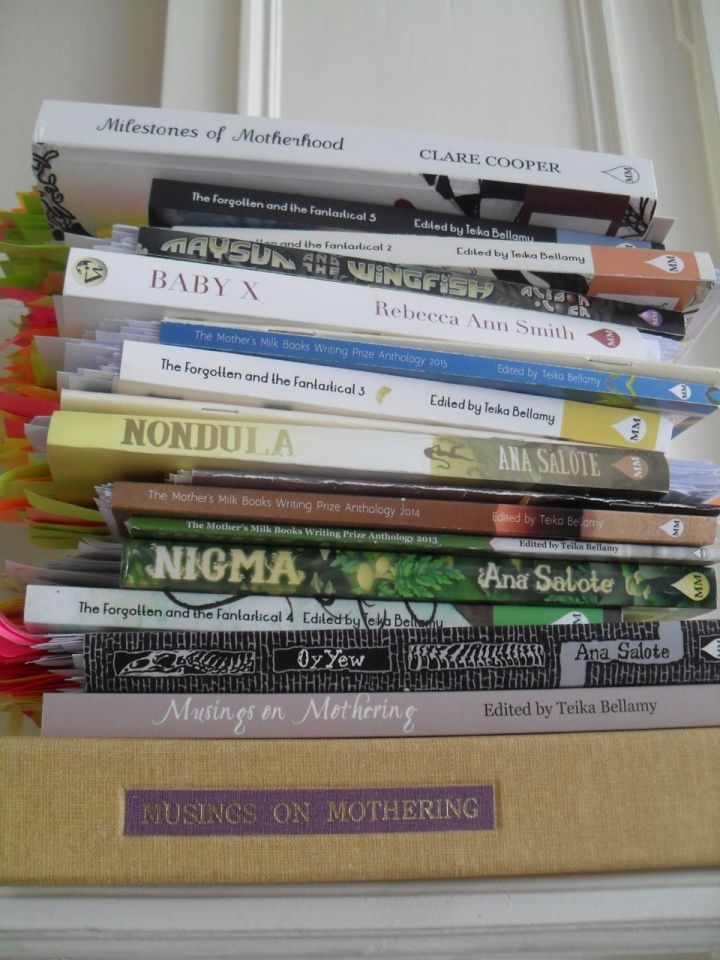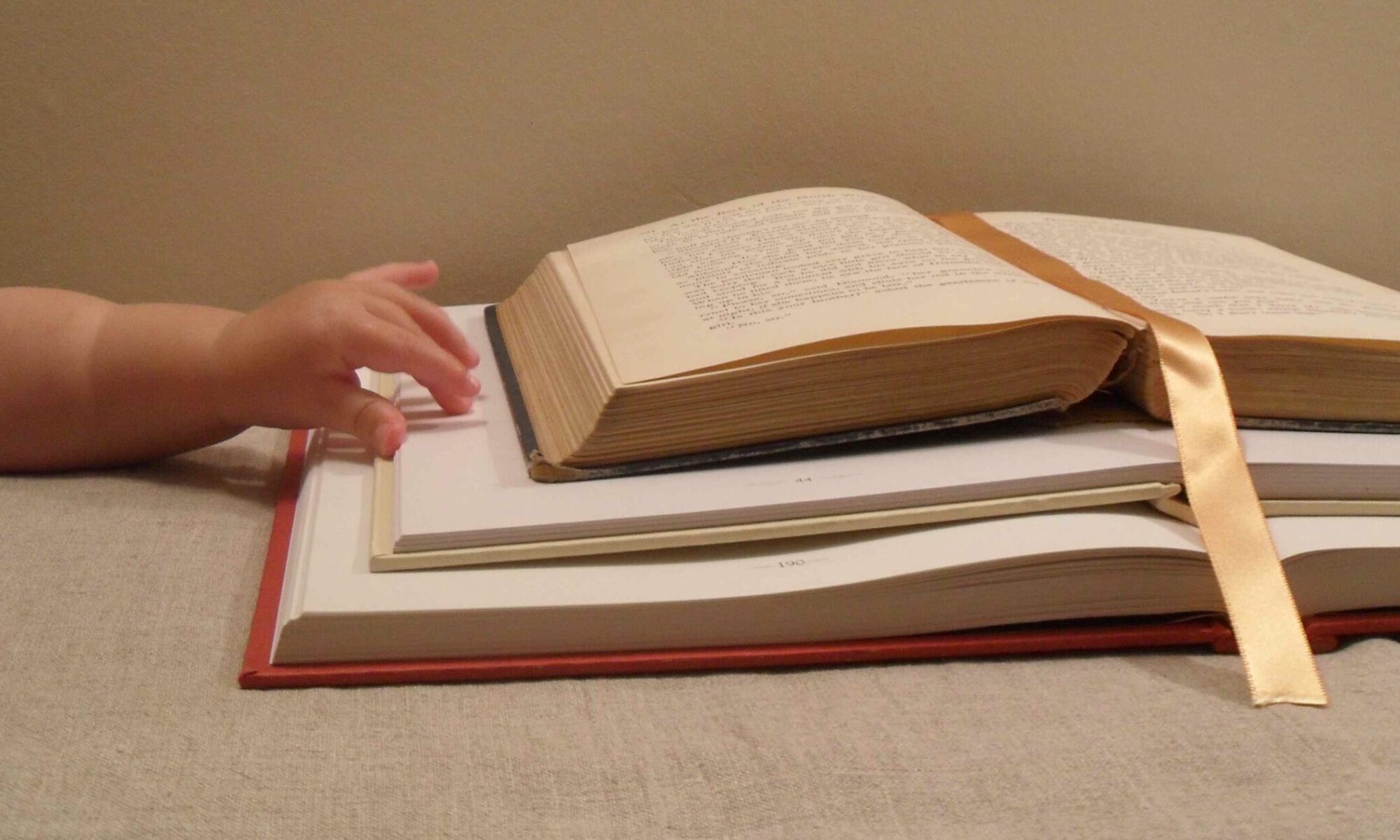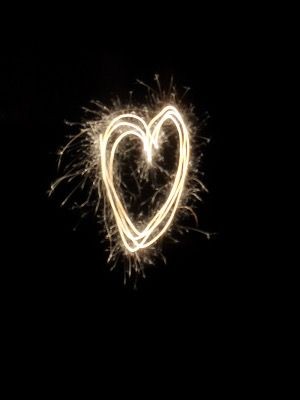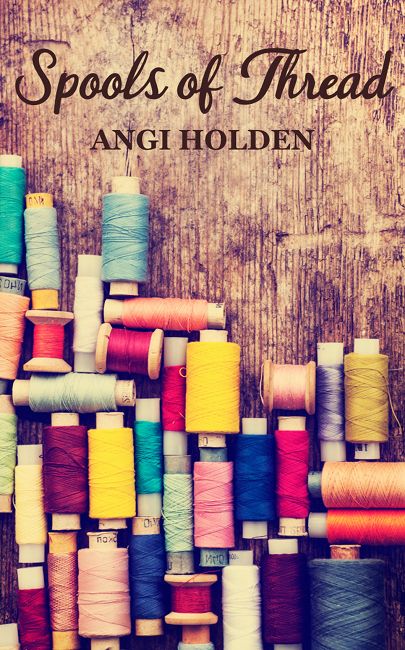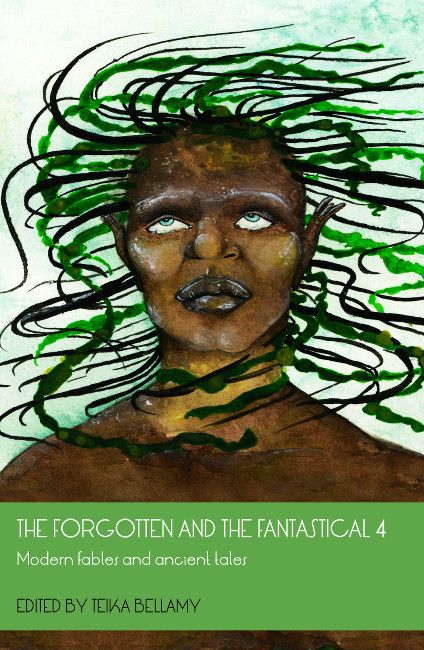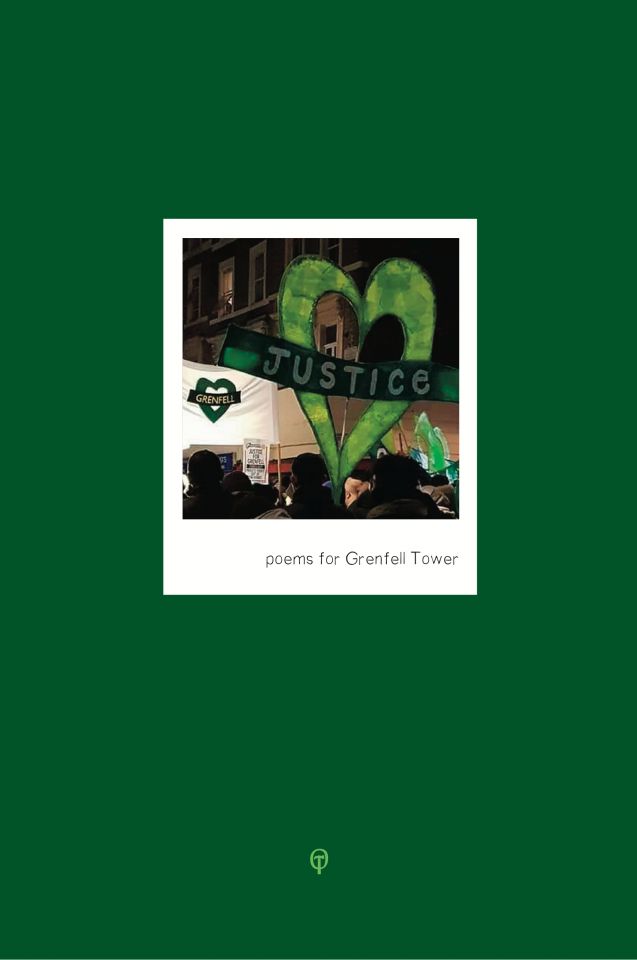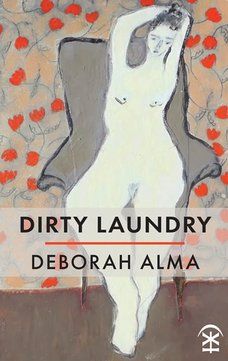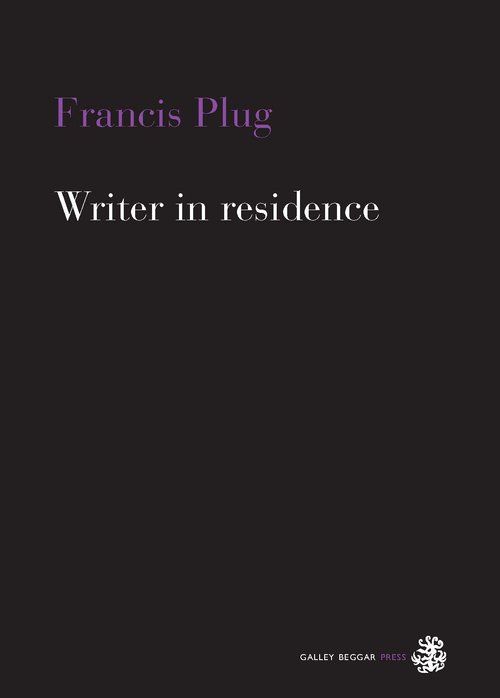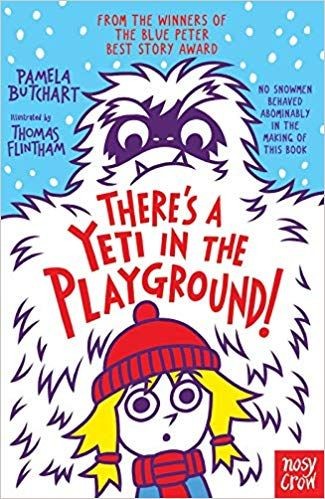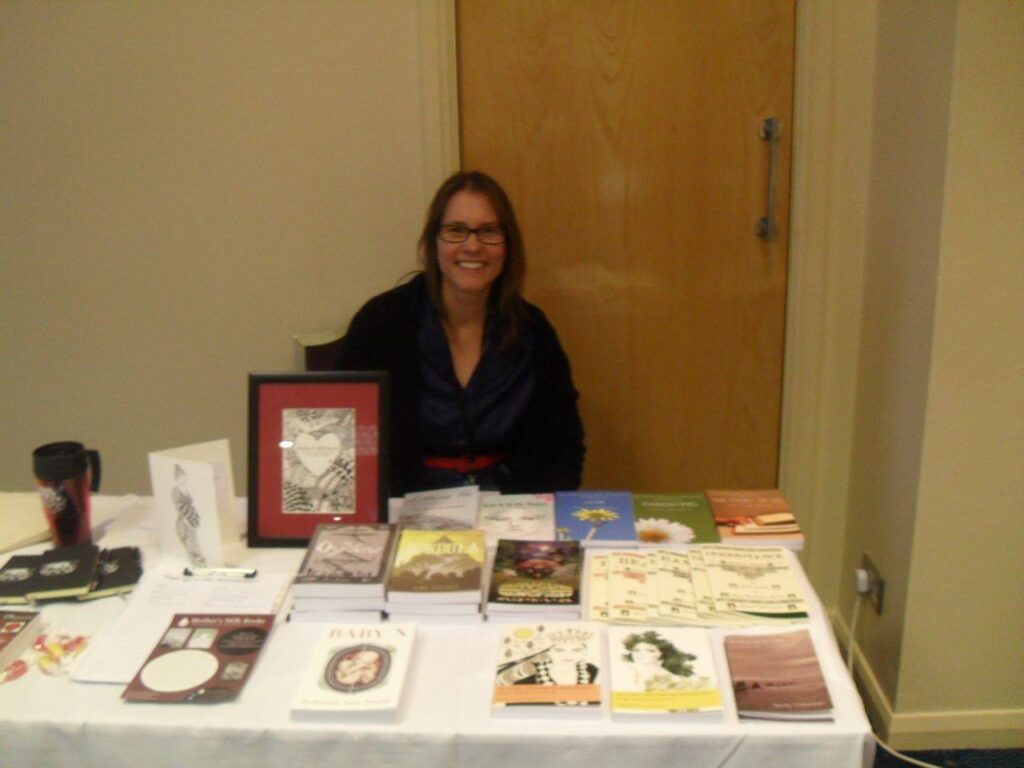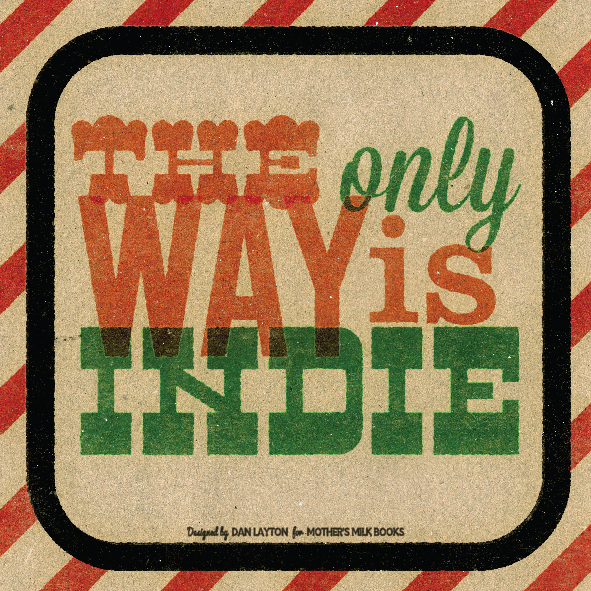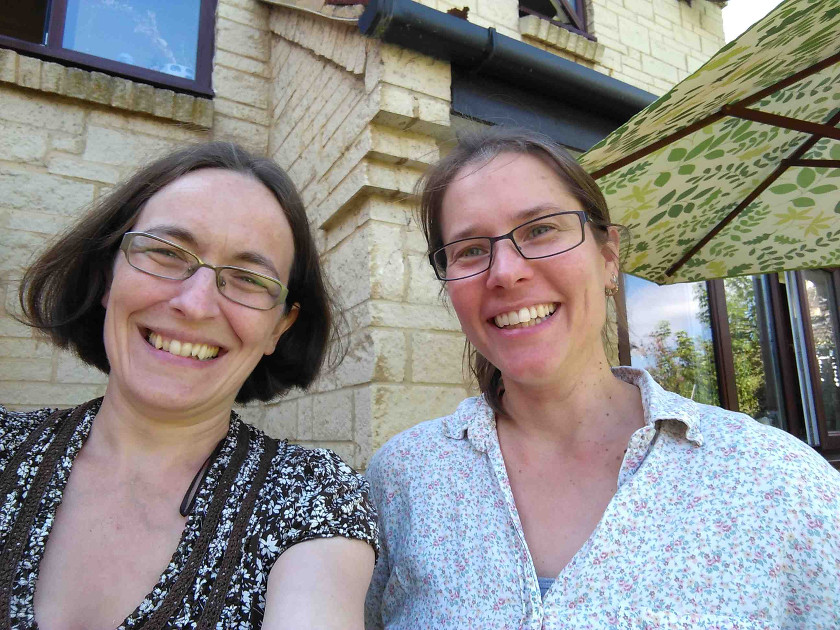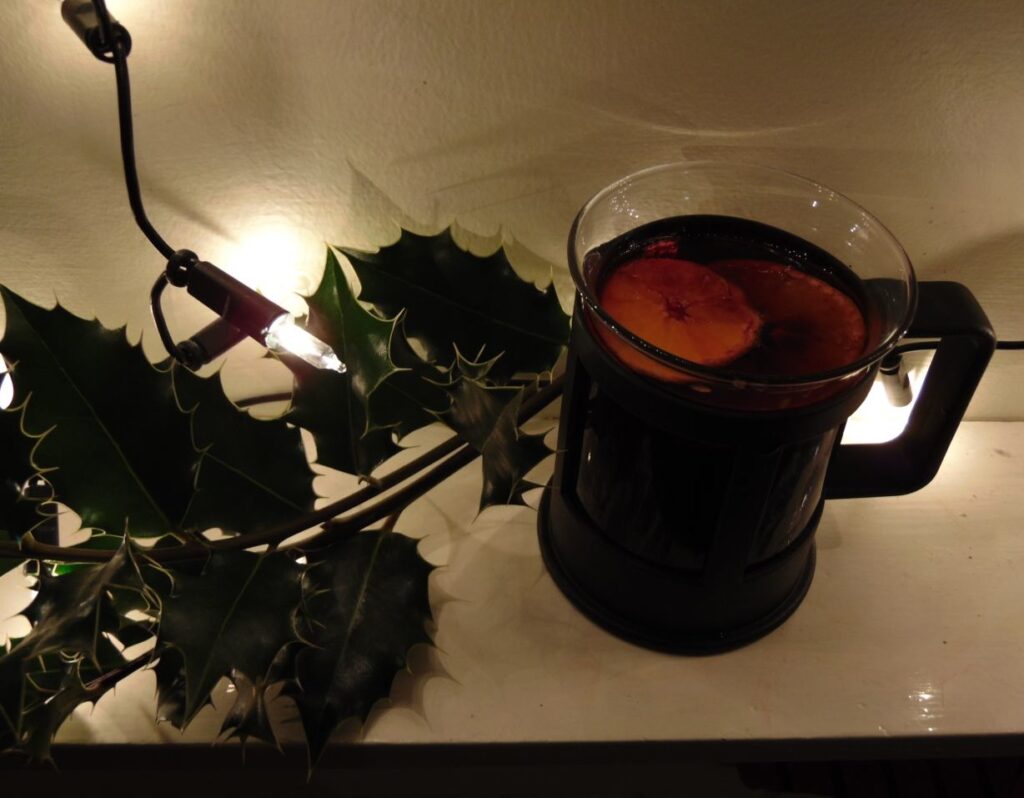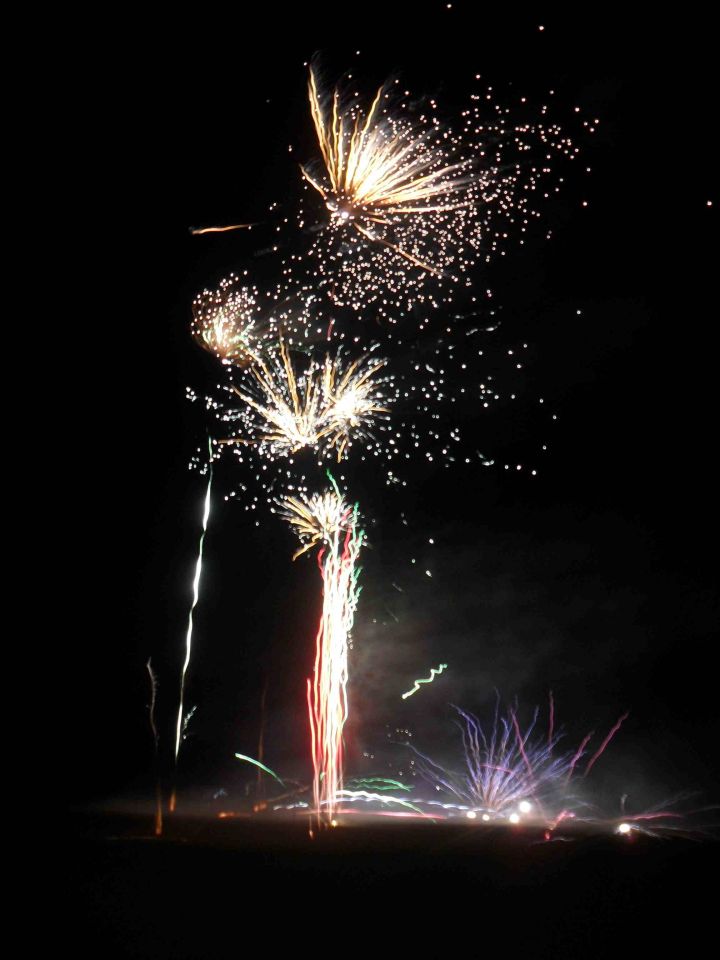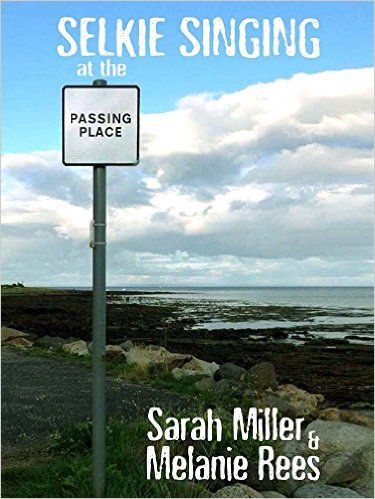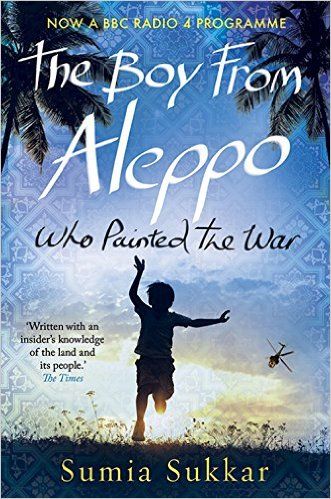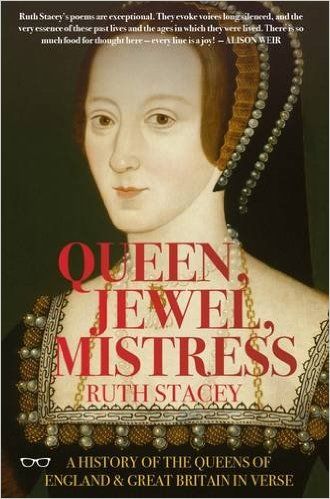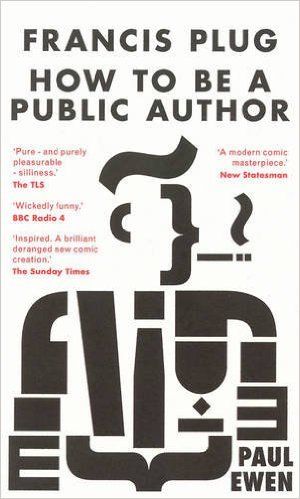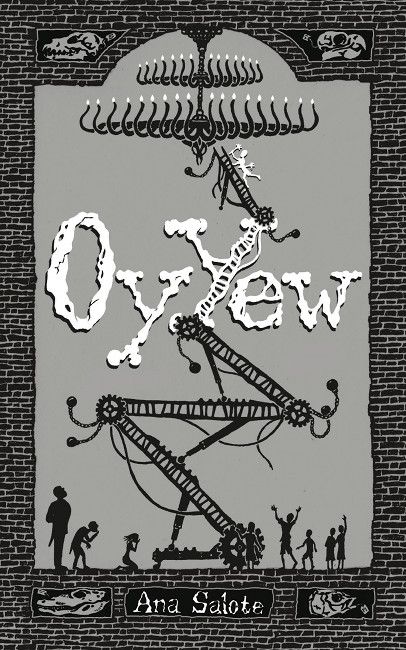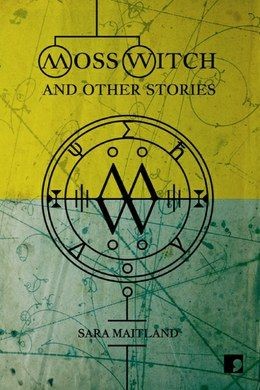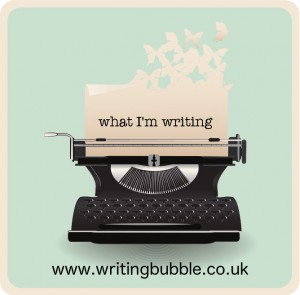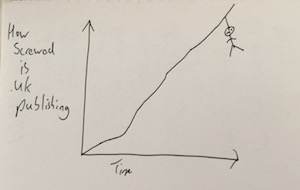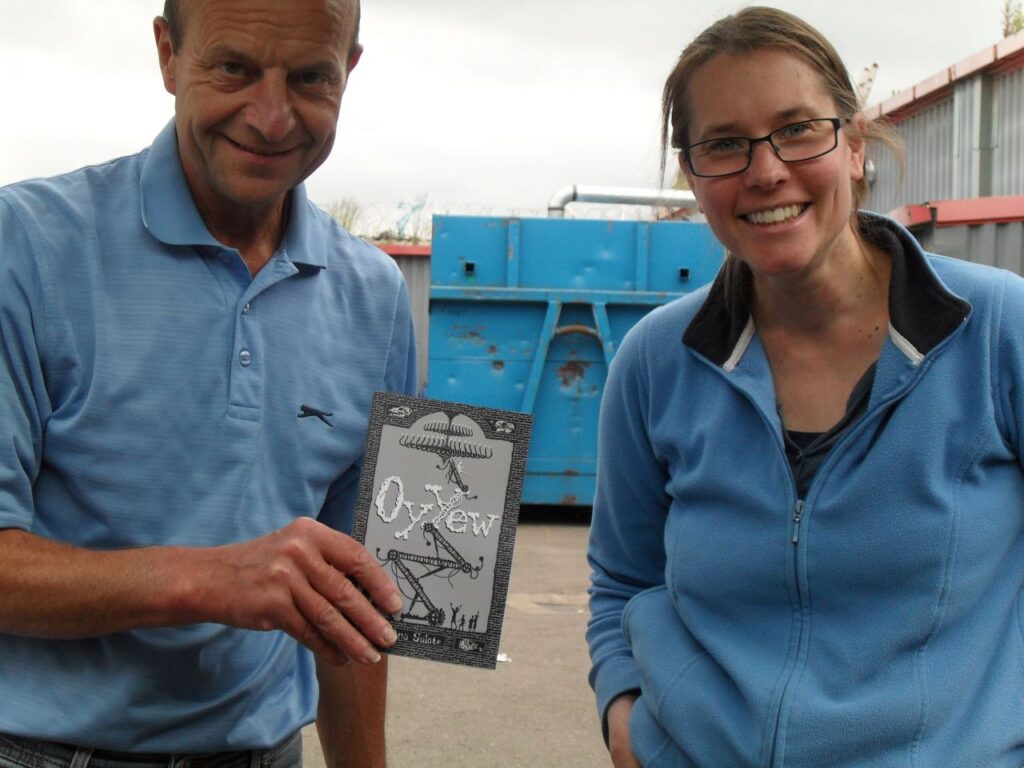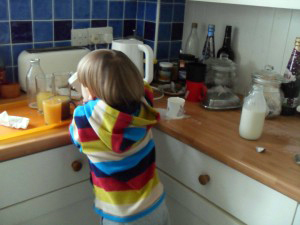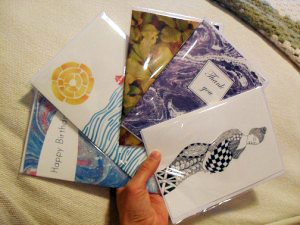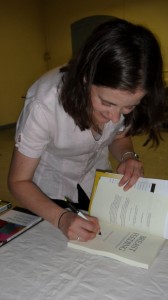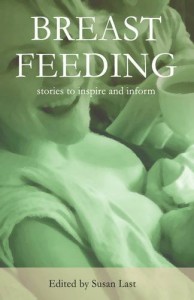2017 was another interesting year for me as a publisher – and I use the word ‘interesting’ in the way it is used in the apocryphal Chinese curse: May you live in interesting times.
Of course there was much that was good in the year – the great reception to the three books I published: The Forgotten and the Fantastical 3, Nondula by Ana Salote, and Inheritance by Ruth Stacey and Katy Wareham Morris; the five awards that Baby X by Rebecca Ann Smith picked up in 2017 (the fifth is the just-now-awarded Red Ribbon from The Wishing Shelf Awards); as well as the continued support from our authors, readers, helpers and all our “tribe”. But financial worries persisted in casting a cloud over me as costs (print, in particular) continued to rise, unlike the price of books – and our sales – which remains steady. The sad truth is that the profit margins in publishing books are tiny; to make the whole thing work profitably isn’t impossible, but clearly, it’s something I’ll have to spend much more time thinking about next year. Maybe I’ll ask my fairy godmother for a magical business hat that’ll help steer me in the right direction!
2017 also had its other challenges – the added administrative and accounting complexity of becoming a Ltd company; book piracy; the issue of literary “convergent creativity” (i.e. the discovery that the themes within Baby X, by Rebecca Ann Smith were also to be found in a newly-published book, The Growing Season by Helen Sedgwick); the continued non-response from the traditional media when trying to promote/publicise our books; as well as one of my authors, Alison Lock, having had a horrendously bad accident. All these things made me feel a whole range of emotions and forced me to think through the issues and how to respond to them in a positive and productive fashion.
Most importantly, Alison is on the mend, and inspiringly, as committed as ever to her writing. She has also very kindly agreed to judge the 2017/2018 poetry category of the Mother’s Milk Books Writing Prize. So if you have a poem that you think she may like, please do send it our way.
I’d like to think that the other challenges I’ve handled as best as I was able to. Indeed, looking at the positive, it’s been great to have the help of other publishers who’ve empathized and said helpful things along the lines of: “Yes, these things happen, it’s not ideal, but here are some ideas…”
📚📚📚📚📚📚📚📚📚📚📚📚
Looking at the bigger picture, the literary world (okay, specifically, the indie publishing world, which is what I know best) is as robust and as radical as ever. Here are some of my literary heroes and heroines of 2017:
1. Nathan Connolly, of Dead Ink Books and author Kit de Waal – for starting and sustaining the conversation about the issue of class in the literary and publishing world, through Dead Ink’s crowdfunded Know Your Place and de Waal’s working class writers’ collective and the newly-launched (and currently crowdfunding) Common People anthology.
2. Nikesh Shukla and Julia Kingsford’s hard work in making The Good Agency (an agency with its focus on advocating under-represented voices in publishing) a reality. (ACE, just the other day, awarded them over half a million pounds in funding). Excellent news!
3. Jamie McGarry of Valley Press and Emma Wright of The Emma Press for opening up the conversation about what it’s really like to run a small press in their new fortnightly podcast (I’m their biggest fan). I applaud them for making the workings of indie publishing more transparent – I think it’s of a great benefit to authors, and useful for publishers too. Do check it out – listening to two such friendly, intelligent and passionate-about-books people talking about publishing and how they make their businesses work is both incredibly useful and inspiring.
4. Nadia Kingsley of Fair Acre Press and Deborah Alma (aka The Emergency Poet) for putting together the incredibly important #MeToo poetry anthology – due to be published in March 2018 (with all money going to the charity Women’s Aid). The book won’t make for easy reading, but it absolutely needs to exist.
5. The good folks at Comma Press. Comma continue to publish politically necessary books. When I went to a Comma event at the excellent Five Leaves Bookshop in Nottingham (for the launch of their anthology Protest) I was inspired by what both Ra Page (of Comma) and Andy Hedgecock (one of the contributing authors) had to say about how, historically, protests were one of the few ways “ordinary” people had effected political change. Where protest hadn’t brought about change, for whatever reason, one could look at other instances where, in fact, culture – films, books, art – had greatly influenced societal thinking, which had its own role to play in effecting change. It reminded me that indie publishing, too, has an important (though perhaps small) role to play in bringing about change through the shifting of societal thinking.
6. Shoreline of Infinity. As I wrote in my own blog a while back, the SFF world is still dominated by male writers. The editors of Shoreline haven’t passively sat back and ignored the problem; they’re doing their bit by asking for more women reviewers and encouraging more women to send in stories; indeed Issue 11 will be a women-only issue. Hoorah!
7. The incredible AndOtherStories will be publishing only books by women in 2018, which is a much-needed shake up to the system, and Influx Press recently had a call for submissions from only women of colour. I’ll look forward to seeing all those exciting books in print very soon.
8. Kate Garrett of Three Drops Press. Kate is one of the most productive (and prolific) creative people I know; she also has a lovely large family, so the way she continues to be so creative, in publishing and writing terms, alongside being a brilliant mum always inspires me. 9. FantasyCon and the SFF community. This year’s FantasyCon was the first ‘Con’ I’d ever been to (like, ever), and I was blown away by the wonderful, friendly atmosphere, and how so many of the people there – readers, authors, publishers – made me feel truly welcome. I’ll most certainly be going again! (The below photo of me at FantasyCon is courtesy of David Stokes of the relatively new and exciting Guardbridge Books.)
10. My authors, who continue to remain patient with me when I know I’m sometimes a frazzled and (very forgetful) editor.
11. All the quiet people who offer their kind support to indie publishers and creatives like myself every day – by buying books, writing reviews, engaging with us on social media and offering help. And especial thanks go to Helen Lloyd, Susan Last, Maddy Bennett, Emma Sheffield, Ronne Randall, and Sarah Hindmarsh who have been a huge help (and brilliant cheerleaders) to me this year. Also, a shout-out to The Only Way is Indie publishing folk; you really help to keep my spirits up! Super special thanks go to my husband and children who continue to support me. 😊
📚📚📚📚📚📚📚📚📚📚📚📚
And here are a few of the ‘team Mother’s Milk’ favourite books:
Teika Bellamy: The Beauty by Aliya Whiteley (Unsung Stories), The Book of Tides by Angela Readman (Nine Arches Press) Fairy Tales for Writers by Lawrence Schimel (A Midsummer’s Night’s Press), Vertigo by Joanna Walsh (AndOtherStories), When You Lived Inside the Walls by Krishan Coupland (Stonewood Press), Deadly, Delicate by Kate Garrett (Picaroon Poetry), Empires of Clay by Becky Cherriman (Cinnamon Press), Earthworks by Jacqueline Gabbitas (Stonewood Press), The End edited by Ashley Stokes (Unthank Books), Bone Ovation by Caroline Hardaker (Valley Press).
Also… Memoirs of My Body by Shreya Sen-Handley, Why The Politics of Breastfeeding Matters by Gabrielle Palmer (Pinter & Martin), Raising Boys by Steve Biddulph, and I’ve just now started reading the gorgeous First Fox by Leanne Radojkovich (The Emma Press), as well as dipping into Reward for Winter by Di Slaney (Valley Press) which I’m really appreciating. I’ve also heard that Francis Plug (published by Galley Beggar Press) has another book on the horizon, which I’m super excited about!
Angi Holden: Leafing through my reading log (I kept one as part of a course over a decade ago, and have continued the habit) I’m reminded of some cracking fictions: The Chimes by Anna Smaill (fantasy, dystopian yet hopeful), The Course of Love by Alain de Botton (insightful and forensic analysis of a marriage), The Hotel on the Corner of Bitter and Sweet by Jamie Ford (Chinese-Japanese relationship during WW2) and Our Souls at Night by Kent Harif (the challenges of a relationships between older widow & widower) stand out as particular gems.
I read a number of non-fictions that have surprised, moved and impressed me: Becoming Drusilla by Richard Beard (“one life, two friends, three genders” about poet and artist Dru Marland), The End of Your Life Bookclub by Will Schwalbe (a terminally ill mother and her son share favourite books), The Last Act of Love by Cathy Rentzenbrink (a brother’s survival is a worse option than death – persistent vegetative state) and The Dragonfly Diaries by Ruary Mackensie Dodds (a memoir of an environmentalist) were among my favourites.
I don’t know where to start with poetry. In what has been called a thin year for poetry (John Burnside, New Statesman) there have been some superb pamphlets and collections. The Poetry School’s list includes a number by poets I’ve heard read this year: Hilda Sheehan, Kayo Chingonyi, Polly Atkin, Steve Ely. None have disappointed. I would add James Sheard’s Abandoned Settlements, a surprising omission since it’s been shortlisted for the forward prize. My favourite read of the year was probably Carrie Etter’s Imagined Sons.
And finally a “heroine” – Rebecca Bilkau, editor of Beautiful Dragons, an entirely collaborative, not-for-profit poetry press. Despite financial constraints she continues to publish wonderful themed anthologies – Chemical Elements, Oceans and this year Poems of Dissent. Its impact goes beyond publishing. Rebecca draws poets together, encouraging them to get to know one another, interact, share performance spaces.
Rebecca Ann Smith: My favourite book of 2017 was The Power by Naomi Alderman. This novel is thrilling, upsetting and thought-provoking. And it’s always good to see speculative fiction getting some attention.
If you have any book recommendations, or any literary heroes and heroines you’d like to mention, please say so in the comments. I’d love to hear from you! And finally…
WISHING YOU ALL A HEALTHY, HAPPY, PROSPEROUS, CREATIVE AND PEACEFUL 2018, FULL OF LOVE! ❤️
